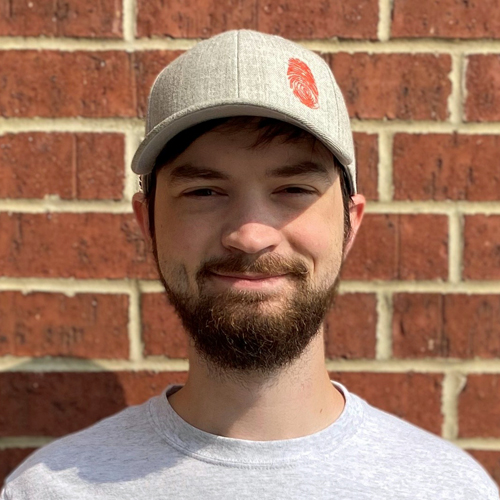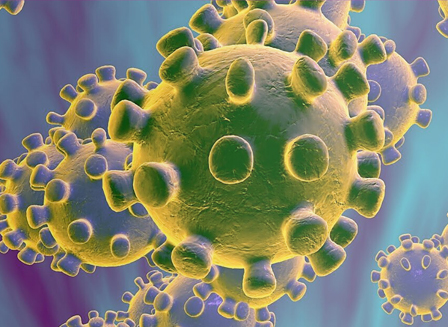Maddie was in high school when she developed juvenile dermatomyositis, a rare autoimmune disease of the muscles that made her so weak she couldn’t walk. Bill developed myasthenia gravis, another autoimmune neuromuscular disease, after having anesthesia for bypass surgery. Amanda and her daughter have immune deficiency diseases that make them susceptible to all kinds of infections. Immune globulin (IG) has been a life-saving therapy for all of these individuals.
IG is one of a number of treatments that can only be made from donated human plasma. This year, as a result of coronavirus restrictions, plasma therapeutics companies have experienced a significant drop in donations, which will limit supplies of plasma products such as IG by the end of the year. For patients, this is their worst fear. It means they may not be able to get the medications that allow them to live a normal life.
When Justin McNeill learned that plasma donations were down by as much as 40%, he thought of patients like Maddie, Bill, Amanda, and her daughter. Much of CSI Pharmacy’s business involves providing home infusion services for those who depend on IG therapy. As a delivery technician for CSI Pharmacy, it’s Justin’s job to pack up shipments of immune globulin and the supplies needed to administer it and make sure it all gets to the patient’s home in time for their infusion.
In the spring, CSI Pharmacy joined the Immunoglobulin National Society in an effort to raise awareness about plasma donation and to inspire more healthy donors to contribute. As part of that effort, the company initiated an internal contest to encourage employees to become plasma donors. Justin was among the first to respond.
“We were told that with all the coronavirus restrictions, people aren’t donating plasma as much,” Justin says. “That means patients aren’t going to be able to get the medicine they need. I figured I’m able to give, so there’s no reason not to.”
Justin started donating in May and has given twice a week ever since—the maximum weekly donations allowed. To date, he has donated plasma 24 times. And even though he works full time and goes to school in the evenings, showing up at the BPL Plasma donation center is part of his weekly routine. He plans to keep on giving as long as they’ll let him.
Justin may have run away with this contest, but he’s not the only CSI Pharmacy employee to participate in the plasma donor drive. Eleven other members of the staff have also donated at least twice. (Regulations require two donations before the plasma can be used to make plasma protein therapies like IG.)
The rules governing who can qualify as a plasma donor are very strict. Justin, who is 24 years old and healthy, had no problem qualifying. When several other employees attempted to donate, however, they were turned away because they have chronic health conditions or other restrictions. This only made Justin more committed to continue donating.
“I knew a lot of the people here in the office couldn’t donate because of various health issues or medications, so I said, why not me?”
“Justin is very modest,” says James Sheets, CEO of CSI Pharmacy. “I know he doesn’t like to call attention to himself. But for us he is a superhero. We are pleased that our employees take this so seriously and are willing to donate plasma. And we’re extremely proud of Justin for his ongoing commitment to making plasma donation a part of his life.”
For Justin, it’s all about Maddie, Bill, Amanda and her daughter, and others for whom he packs up the products and supplies for their home infusions. He urges anyone who qualifies to consider becoming a plasma donor.
“We’re probably about to get hit with a really bad shortage of IG products,” he says. “Our patients need this medicine that’s made from human plasma. We’ve got a lot of people who are really sick and really need this medicine. Even donating just twice will help save lives. You can make a big difference.”
As the winner of CSI Pharmacy’s Plasma Donation Incentive Program, Justin McNeill was presented with a trophy and a monetary gift during a ceremony in September.


